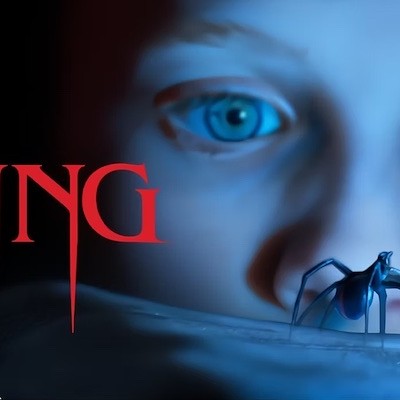I've often written about my decades-long love affair with zombie films and how the usually hyper-violent subgenre of horror movies has in recent years been experiencing a puzzling (to me) acceptance by a much larger and more mainstream audience than ever before.
Hardcore horror fans tend to be very protective of the types of movies they enjoy, and very passionate about them. Attend a horror convention or a late-night showing of any scary movie with a cult following, and that becomes obvious. Like any type of horror movies, zombie films have changed an awful lot over the years, and while it's not for me to decide if those changes are "good" or not, I have noticed a few trends that I personally find odd, and one that disturbs me.
The mainstream acceptance and integration of all things zombie is weird enough. Anyone checking out any retail website that sells cutesy fandom items will stumble across plush zombie dolls and other cute toy versions of a creature that, in most incarnations, is still a flesh-eating reanimated corpse. That's kind of weird, but also cool, and is definitely evidence that the zombieverse has shambled into a much broader section of pop culture than ever. I still remember the days of trying to explain why I liked "those movies" to people who couldn't understand the appeal, even to other horror fans who just didn't get the whole zombie thing. That's definitely changed, it's rare that I encounter someone with that reaction now.
When other movie monsters have become really popular, the material they're in and the fans they have tend to broaden in ways that aren't always cool, if a person is happy with their status as a monster. Vampires are a perfect example. While they were once spooky, blood-drinking, undead creatures that were usually played for scares, we now have lame lovelorn creeps that sparkle and fall in love with teenage girls, or they're presented as some sort of bisexual superheroes that would be more at home in a Gothic club or a romance novel. Lame.
Zombies aren't immune from such treatment either. So zombie movies with a romantic angle have appeared, such as Warm Bodies and the semi-romantic comedy DeadHeads. I guess I can't criticize people for coming up with new angles for this type of film. Creativity is a good thing, but the idea of romantic zombies just kind of leaves me cold. I hope that they don't eventually get the Twilight treatment and become accepted as brooding, sparkling sex objects. I asked my friend Thea Munster (professional last name she adopted), the Founding Director of the Toronto Zombie Walk, the first and among the largest zombie fan gatherings in the world, her thoughts on this:
"The appropriation of zombies from horror culture into the mainstream has somewhat decentralized the power of the zombie as a monster. Originally zombies were outsiders terrorizing the status quo, but they were also a very powerful political tool, as a zombie's strength lies in numbers and a relentless, unstoppable refusal to back down and to see a goal through. One zombie is easy to outrun or kill, but a horde is unstoppable, it will overwhelm in numbers. For those of us who grew up punk rock or in an alternative culture, the zombie represents the ability to have a voice against the wrongs of society. One person cannot change a civilization, but a unified group can make an impact."





